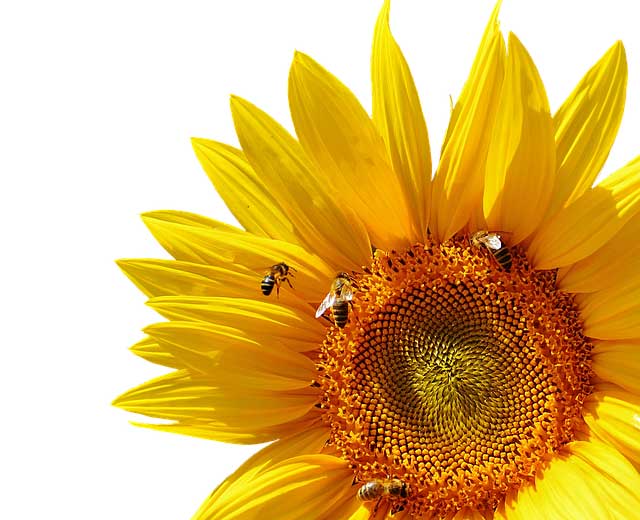Kenya risks going the expensive route of hand pollinating its food crops if the widespread use of insects-killer pesticides in the agriculture rich counties continues, food scientists have warned.
Kenya has become the dumping ground for harmful pesticides from Europe and China, with a recent survey additionally revealing residues of cancer-causing chemicals in popular vegetables in the counties of Kirinyaga and Murang’a.
“Kenya is still lucky in that pollination is provided by wild insects. Other nations such as China have to employ labourers to hand pollinate their crops,” said Dr Dino Martins, an entomologist and the Executive Director of the Nanyuki-based Mpala Research Centre.
He said New York and California in the United States have to pay for colony bees to be brought to their farms by commercial pollinators.
The Insect Atlas 2020 released in Kenya in November by the German group Heinrich Böll Foundation and Friends of the Earth shows that in Kenya, intensive farming, mono-cropping and over-reliance on pesticides poses one of the biggest challenges to insects.
As a result, their diversity and their absolute numbers are declining, especially in agricultural areas threatening food security. In crop science, most plants are reliant on insects because their flowers are not self-pollinating, and their pollen is not carried by the wind.
For instance, scientists say bees must visit around 10 million plants to collect enough nectar to make half a kilogram of honey. In doing so, they carry pollen from flower to flower enabling the plants to produce seed and fruit, and over generations to adapt to a changing environment.
Low pollination means fewer fruits and vegetables
If the insects’ activity is reduced, harvests of many fruits and vegetables such as watermelons, cucumbers, apples and pumpkins, are at risk and might almost disappear, the report warns.
Dr Faith Toroitich, an entomologist and lecturer at Egerton University said Kenya cannot talk about food security without highlighting the role insects play in agriculture and food production, through pollination.
“It is true that some insects impact agriculture by damaging crops and harvest. That said, we need to employ policies that shun the use of toxic pesticides to avoid their extinction.”
Research done by several Kenyan organisations under the Route to Food Initiative shows that in parts of Central Kenya pesticide residues were found in tomato and sukumawiki samples taken from the three markets and one or more content exceeded the maximum residue level set by Kenyan authorities.
“We chose Murang’a and Kirinyaga counties because they have high horticultural crop production and their governments have expressed interest in supporting sustainable agriculture,” said Martin Njoroge, the programme officer at Kenya Organic Agriculture Network (KOAN)
KOAN recommend that farmers should adopt the method of Integrated Pest Management rather than the use of toxic pesticides. This includes practices like crop rotation to prevent pest and diseases incidence, the use of biocontrol methods such as traps, the use of biopesticides and the use of less toxic synthetic pesticides as the last option.
It recommends that the government also should strictly monitor pesticides sold in local markets and agrovet dealers as well as monitor pesticides residues in local food markets.
Additional reporting by SAFINA RUTTO.



![[Photo/Unsplash]](https://financialday.co.ke/wp-content/uploads/2023/11/NFT-360x180.jpg)


